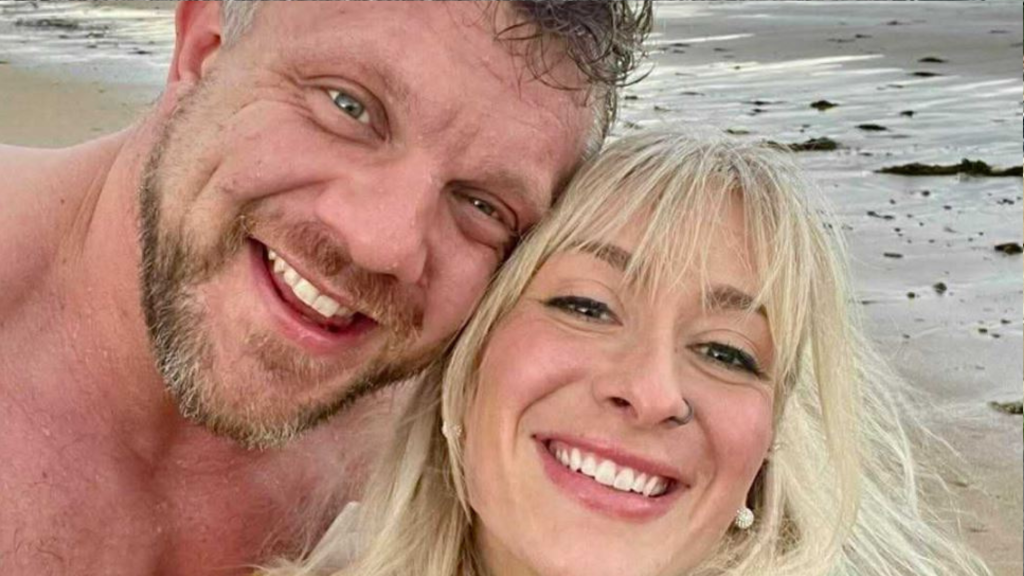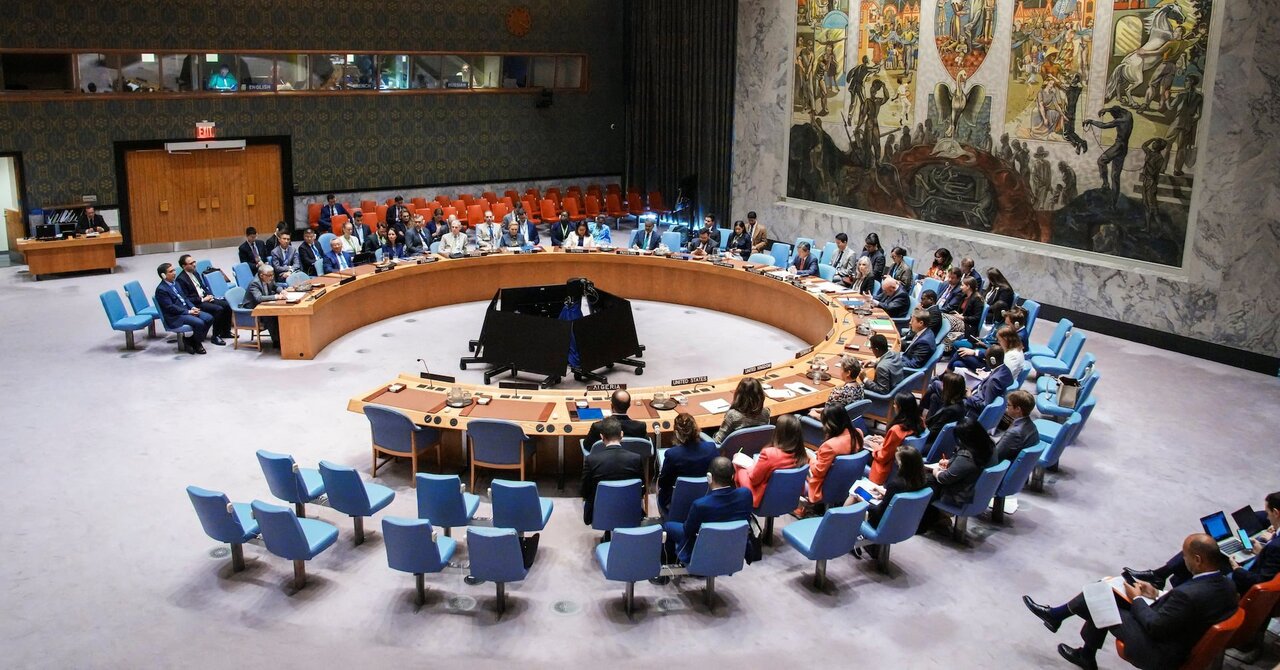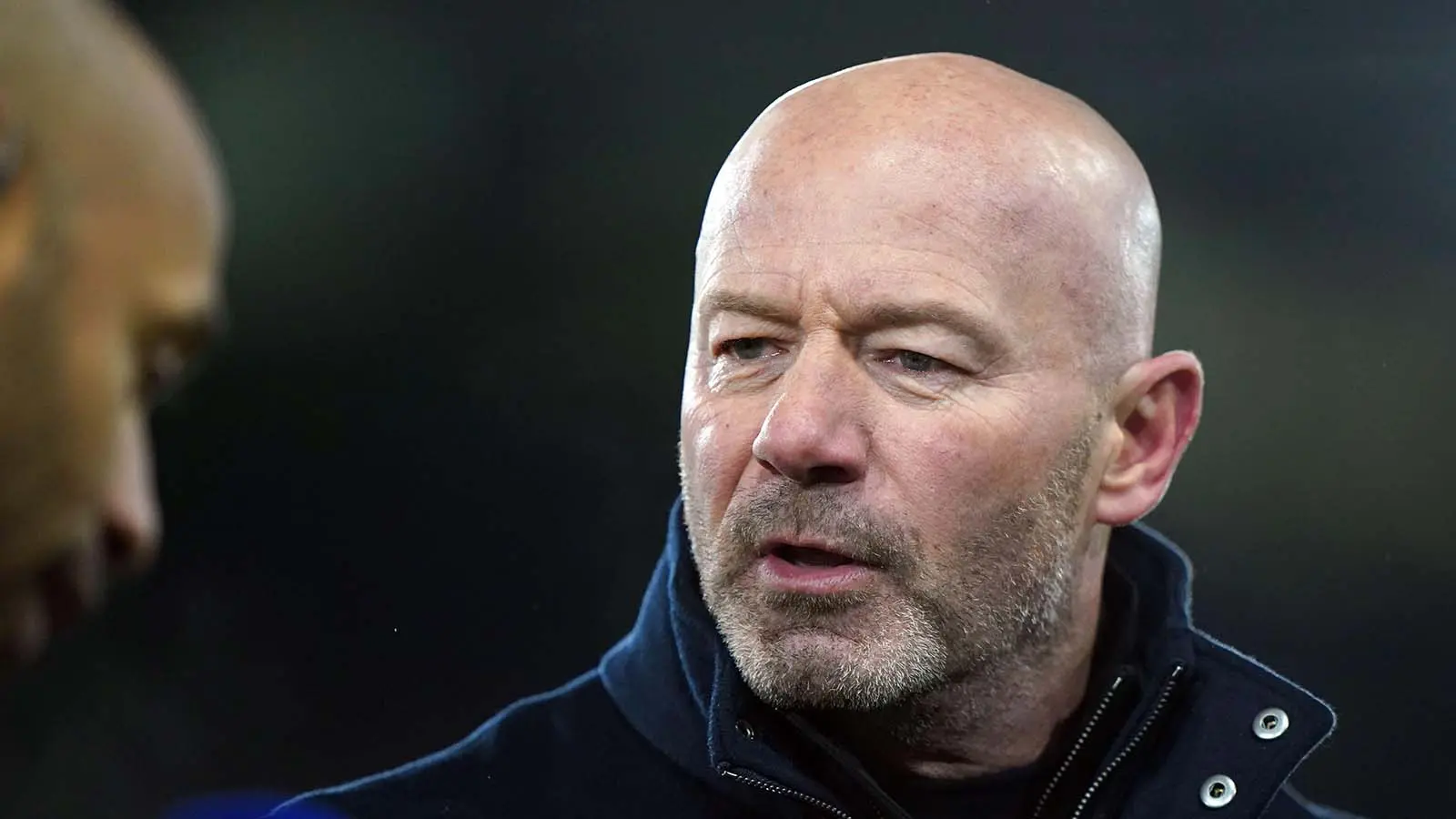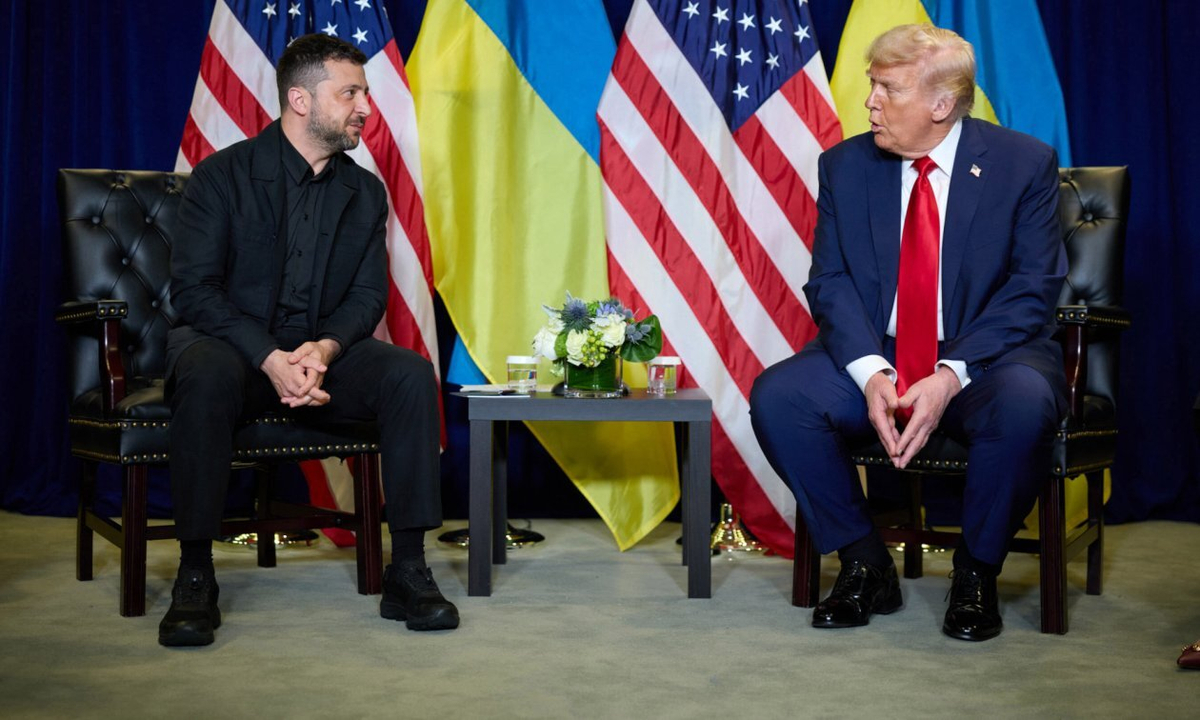Copyright stabroeknews
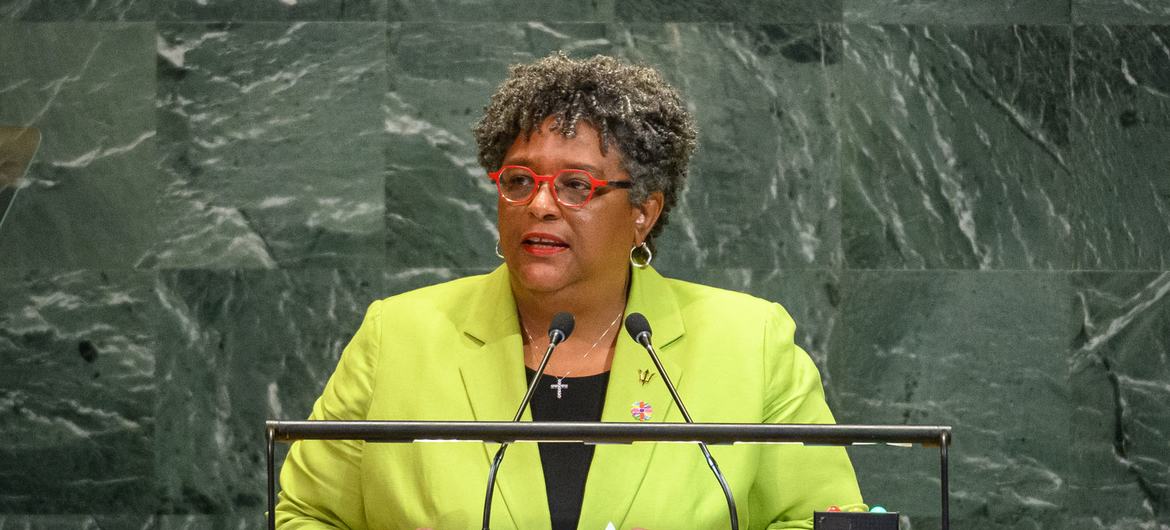
(Barbados Nation) Prime Minister Mia Amor Mottley used the United Nations 80th General Assembly platform yesterday to warn the United States and Venezuela that their rising tension could put the southern Caribbean at risk, even as a result of an accident. “I need not tell you, therefore, what a war can do. It is not acceptable for our islands, our countries, to be viewed as collateral damage,” she said during a 30-minute address. Mottley said that in the Caribbean Sea, “we’re now seeing a shocking violation of a hemispheric understanding that the Caribbean be treated as a zone of peace”. “There has been a build-up in military assets in the last few weeks in the Caribbean by both sides, by the United States of America and by Venezuela. We believe that any such build-up could occasion just an accident and, if it does, a simple accident can put the southern Caribbean at disproportionate risk,” she cautioned. On September 5, the US carried out a strike on a ship in the vicinity of Venezuela, killing 11 people it claimed were “narcoterrrorists” of the violent and deadly Tren de Aragua gang. However, Venezuela maintained that was not the case and recently launched three days of military exercises, putting on display its Russian-built fighter jets. “I say simply for all who can hear and for all who read and can listen – full respect for the territorial integrity of each and every state in the Caribbean must be respected, and that includes all states. Almost all wars end as a result of dialogue. “Let us make a greater effort to have the necessary conversations to prevent war. It is too simple,” Mottley said. The Prime Minister reminded the countries represented at the UN Headquarters in New York of the horror in Gaza, and the genocide and destruction of the conflict taking place there and in Sudan. “We have now gotten to a point where all of our human sensibilities are offended by the continuous and disproportionate attacks on the Palestinian people, and the failure to allow access by the international community to the survivors for the provision of humanitarian aid,” Mottley said. She also quoted Bob Marley, asking: “How can you be sitting there telling me that you care when every time I look around, the people suffer?” The Prime Minister started her address by stating that there was a series of crises for which the world had been unprepared – from the financial crisis started in 2008, a social crisis characterised by rising inequality and a global pandemic leading to restricted movement and choices. “All of this has been exacerbated by the spreading of fake news. This distorts reality and threatens the stability of our societies, creating a platform for hate to thrive and prejudice to rise. But deeper than all of these crises is a bigger, more insidious crisis that is undermining our domestic and global institutions that have promoted order, peace and prosperity. It is the crisis of truth,” she said. This leads to trust falling apart, whether between neighbours, the governed and governing, in the social order or the health systems, she told the world leaders, diplomats and other officials in attendance. “When we lack truth and we lack trust, law becomes theatre, news becomes spectacle and science becomes just another opinion . . . . Our world today worryingly resembles the world of 100 years ago, and this has become even more evident with the closing of our borders to both goods and to people,” Mottley pointed out. Better, she said, can and must be done to secure peace across the world in the name of the children. And the international community must find immediate funding to support the children of Gaza and Sudan for the next three months, which UNICEF estimated was US$66 million and US$200 million, respectively, to reverse or mitigate famine, and provide water, sanitation and health interventions. Lasting peace, she said, could never be achieved through violence but through justice as a guide and dialogue. “In Gaza, as we saw, the international community must not condone the bombing of those states who look to facilitate peace. It is a red line that we must never cross . . . . The world needs a reset. “We must find, first and foremost, whether we still agree on the same values that inform our charter. As simple as this seems, this is necessary in any reset for values we all know have changed over the last 80 years. And if it is not available to all of us to agree to those values, then we must at least know who does and who doesn’t.” On Haiti, she said the UN Security Council and the international development system were well equipped and had the resources and power to deliver, but also urged dialogue with the United States “on the inescapable issue” of the flow of small arms and light weapons across this entire hemisphere. “The Caribbean community are now being threatened by this incessant flow of illegally obtained weapons and increasingly organised criminal elements which utilise them, but we will use the systems to deal with them collectively and in accordance with due process,” Mottley pointed out.
